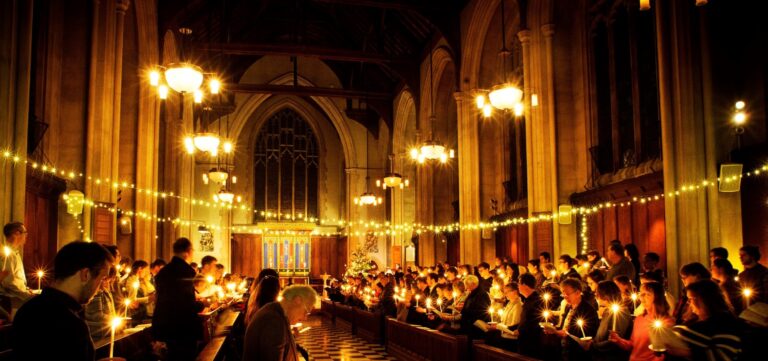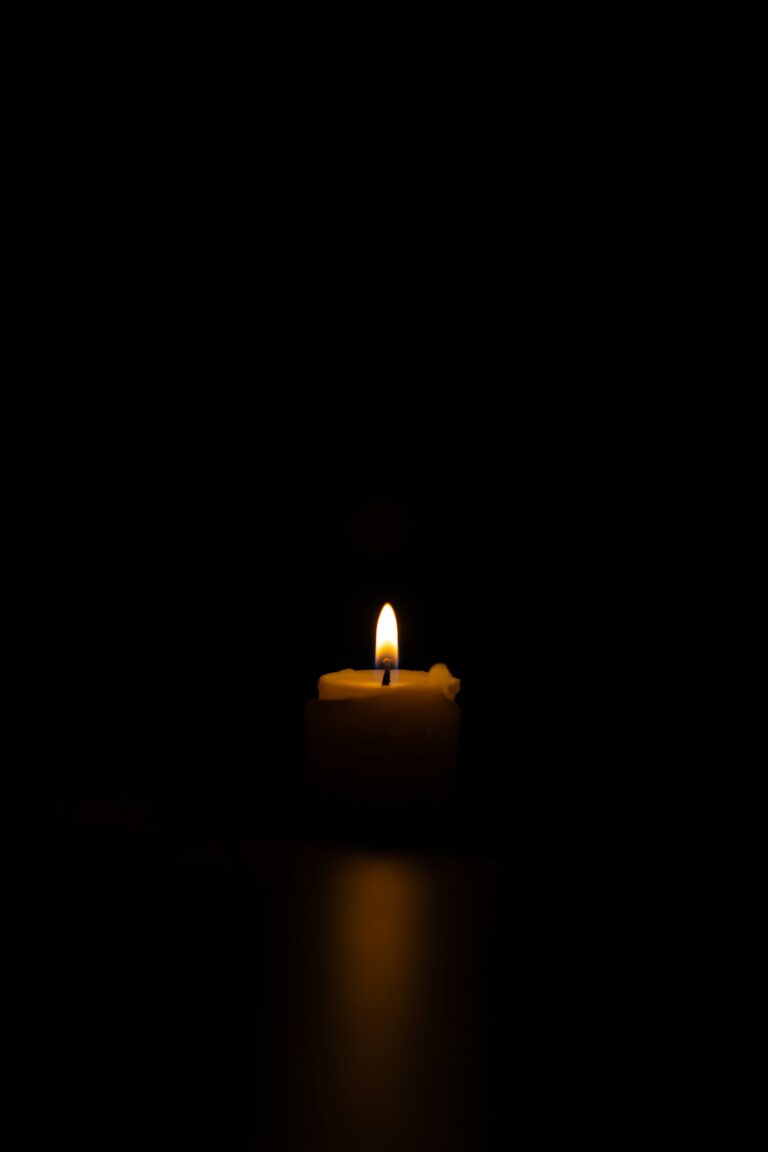| Chaplaincy
from our carol service…

I believe that one fine day, that the power of love will rise above the love of power.
We learnt this together at this year’s Carol Service – and did pretty well! The words feel so relevant for this past year – we have heard so much about the love of power. Sometimes we find ourselves focussing a lot of the time on that narrative – spending our time and energy getting angry with those people who will do anything to get power and to keep it.
Imagine if instead we focussed on those who live out not the love of power, but the power of love… Imagine if their lives made the news stories and filled the social media channels.
The song declares ‘ I believe that one fine day the power of love will rise above the love of power’. It’s a lovely vision. But we might well ask, when is that fine day going to happen? Is this just a nice idea – something that is impossible in the world we live in?
At the heart of our Christmas celebration today is a challenge to rethink our understanding of power. And that might mean rethinking our understanding of God too. In the ancient world the defining feature of a god, or the gods, plural, was power. Power to create. Power to overcome. Power to destroy. And powerful leaders co-opted these powerful gods onto their own side – as they still do.
How shocking then to tell a different story. A god revealed not in dramatic power but in the complete vulnerability of a human baby. A baby, like all babies, completely dependent on others to survive. A baby with no special privileges and protection. This baby, we’re told, is born far from home, not even in a house but out with the animals. This child would grow up in a small and insignificant country ruled over by a powerful and ruthless foreign state and a cruel vassal king.
This baby doesn’t get rescued by a princess and grow up in the royal household, like Moses. He grows up in obscurity, doing an everyday job, living in the back of beyond.
Later, people will be amazed by what he will do and say, and some will follow him. He will challenge the way power is used by some in the religion of his people to exclude and condemn. His words and actions speak will instead of God’s inclusive and all embracing love. He will take this message to the seat of power in Jerusalem.
Those who love power – the Roman Governor, Herod, the High Priests – will not be able to bear the challenge of his truth. Like the powerful people in our own time, they silence all opposition. And so he will be swept away.
It is this man Jesus, a man broken by those who love power, who is said to be our window into God, because despite all that happened to him his love could not be broken. The power of love was not defeated, even by death. The power of love – God’s love – did rise above the love of power, bringing new life and a new beginning. Those who follow him experience that powerful love still, although we are not always good at living it out.
So there has been, already, one fine day. And in our own time, if we look around, beyond the headlines, we can sometimes see others who live out the power of love, not the love of power – people from many backgrounds and faiths.
I read this year a book with a strange title – Apeirogon. I wonder if you know what an Apeirogon is? It is, apparently, a shape – a polygon – but one with an infinite number of sides. It’s an appropriate title for a book set in and around the city of Jerusalem.
The book is centred on two characters – Bassam Aramin, a Palestinian, and Rami Elhanan, an Israeli. They live very different lives, but they are united by tragedy – they have both lost a daughter.
Although some of the dialogue in the book is imagined, the people and the events in it are all real. In 1997 Rami’s 13‑year-old daughter Smadar was killed by a suicide bomber. In 2007 Bassan’s 10-year-old daughter Abir was shot by an Israeli soldier.
Reading the book, we are drawn into the terrible loss, and grief, and anger that the two men experience. But we also hear how, against all the odds, they become friends. They meet through the Parents Circle – a support group for those who have lost children, on both sides of the conflict. Over time they become committed to a different way of living. And they make it their life’s work to travel the world together, speaking about their experiences of loss, pain, and healing. “I don’t have time for hate any more,” says Bassan. “We need to learn how to use our pain.”
It is possible to move from lives governed by fear, or anger, or the love of power, to lives given to peacebuilding, and the healing power of love. One of the most moving parts of the book is when a group of Israeli soldiers come to Bassan’s village on their day off, and build a playground. They call it Abir’s garden.
‘I believe that one fine day’… Maybe, that day can be now. Maybe we can be inspired by the one whose birth we celebrate today – the one who came to show us a different way to live – who invites us to believe in the power of love. Maybe we can look around more carefully, and notice those who are already following this way of living. Maybe we can think of small ways that we can follow this different way in our lives.
You might light to listen to the song here (at 50.25), and maybe sing it, and I pray that it might stay with you as a promise and an invitation as you celebrate Christmas and look ahead to a new year.



